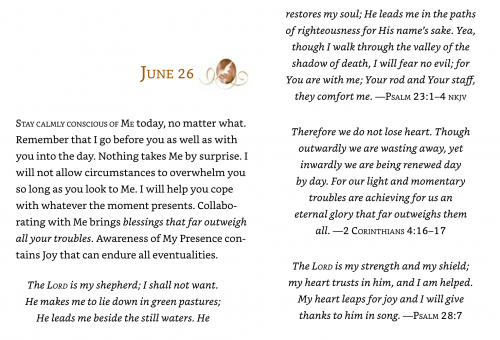Cosmology and Nature
A Communion of Subjects
Friday, June 26, 2020
Acknowledging the intrinsic value, beauty, and even soul of creation, elements, plants, and animals is a major paradigm shift for most Western Christians. In fact, many in the past often dismissed such thinking as animism or paganism. We limited God’s love and salvation to our own human species and, then, in this theology of scarcity, we did not even have enough love left to cover all of humanity! To be honest, God ended up looking quite stingy and inept—hardly “victorious,” as our Easter hymns claim.
The word profane comes from the Latin words pro, meaning “in front of,” and fanum, meaning “temple.” We thought we lived “outside the temple.” Without a nature-based spirituality, it was a profane universe, bereft of Spirit. We had to keep building shrines and churches to capture and hold our now domesticated and tamed God. Soon we did not know where to look for the divine, as we made God’s presence so limited. We became like fish swimming around looking for water, and often arguing about who owned the water!
I’m not saying that God is all things or that all things are God (pantheism). I am saying that each living thing reveals some aspect of God. God is greater than the whole of our universe, and as Creator inter-penetrates all created things (panentheism).
When God manifests spirit through matter, then matter becomes a holy thing. The material world is the place where we can comfortably worship God just by walking on it, loving it, and respecting it. Everything visible, without exception, is the outpouring of God. What else could it really be? The incarnation is not only “God becoming Jesus.” It is a much broader event, which is why John’s Gospel first describes God’s presence in the general word “flesh” (John 1:14). This is the ubiquitous Christ that we continue to encounter in other human beings, in a mountain, a blade of grass, a spider web, or a starling.
When we can enjoy all these things as holy, “the world becomes a communion of subjects more than a collection of objects” as the “geologian” Fr. Thomas Berry (1914–2009) said so wisely. [1]
When we love something, we grant it soul, we see its soul, and we let its soul touch ours. We must love something deeply to know its soul (anima). Before the resonance of love, we are largely blind to the meaning, value, and power of ordinary things to “save” us and help us live in union with the source of all being. In fact, until we can appreciate and even delight in the soul of other things, even trees and animals, we probably haven’t discovered our own souls either. Soul knows soul through love, which is why it’s the great commandment (Matthew 22:36).
